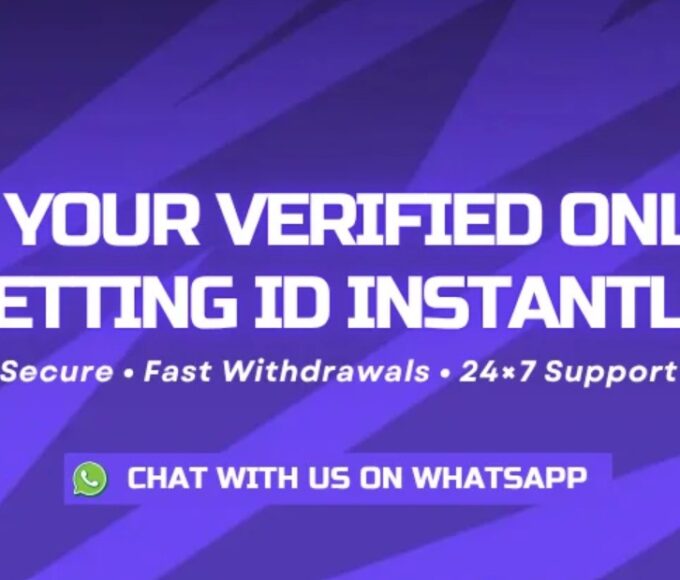You know, the media and publishing world is unlike almost any other. It’s fast, it’s dynamic, and it’s packed with sensitive information—whether it’s breaking news, editorial secrets, or subscriber data. So, the question isn’t whether you should care about information security; it’s how seriously you take it. Enter ISO 27001 certification: the global gold standard for managing information security risks.
Sounds technical? Maybe. But here’s the thing: it’s also a strategic move that can protect your reputation, build trust with your audience, and keep those digital leaks at bay. If you’re in media or publishing, thinking of ISO 27001 as just another compliance hurdle would be a big miss.
So, let’s peel back the layers and see why this certification could be a game-changer for your company—and why understanding it isn’t just for your IT team, but for everyone who calls the shots.
What Is ISO 27001 certification, really?
When people hear “ISO 27001 certification,” their eyes often glaze over with visions of complex documents and endless checklists. But really, ISO 27001 certification is a framework—a kind of blueprint—for setting up an Information Security Management System (ISMS). This isn’t about locking everything down so tightly that nobody can do their job. It’s about smart, sensible controls that protect your company’s crown jewels: data.
Think about your newsroom. Stories, sources, unpublished content, and subscriber databases are all precious assets. ISO 27001 certification helps ensure those assets don’t end up on the wrong website or in the wrong hands.
And the neat thing? It’s designed to fit companies of all sizes. Whether you’re a small digital publisher or a major media conglomerate, the principles stay the same: assess risks, implement controls, continuously monitor, and improve.
So Why Should Media and Publishing Companies Care About ISO 27001 Certification?
Here’s the real deal: media and publishing have unique risks that make ISO 27001 not just relevant but critical.
1. Protecting Confidential Sources and Content
Journalistic integrity depends on protecting sources. Leaked information can put lives at risk and destroy trust overnight. ISO 27001 certification helps create systems that guard sensitive communications, digital files, and editorial workflows—without slowing down your creative process.
Imagine your investigative team feeling safe sharing confidential tips because they know the information is handled with care and strict protocols.
2. Defending Against Cyber Threats
You probably don’t need me to remind you how cyberattacks have become a favorite tool for political interference, sabotage, and corporate espionage. Media companies are prime targets. A breach could mean hacked emails, stolen story ideas, or manipulated content.
ISO 27001 makes sure you’ve got the right cyber defenses, tailored to your specific vulnerabilities, with clear incident response plans. You’re not just reacting—you’re prepared.
3. Maintaining Subscriber Trust
In the age of GDPR, CCPA, and other privacy laws, mishandling subscriber data is a PR disaster waiting to happen. ISO 27001 certification aligns closely with these regulations by building data privacy and security into your daily operations. Subscribers want to know their personal info is safe—because, honestly, they don’t want to be part of the next data breach headline.
Let Me Explain How the Certification Process Works (Without the Snooze Factor)
Okay, I get it: “Certification process” sounds like a slog. But hang on, it’s actually pretty straightforward—and worth the effort.
First, you start with a gap analysis. This means figuring out where your current security practices fall short of ISO 27001’s requirements. It’s like a health check for your information security.
Next, you’ll create or update policies and procedures—think of these as the rulebook your whole team will follow. That’s when you design the actual Information Security Management System.
Then comes training. You want everyone from editors to IT to know their role in protecting information. Yep, that includes the receptionist who handles phone calls and the freelancer uploading content.
After all that, an accredited external auditor will come in for an official audit. They’ll check if you’re really doing what you say you’re doing—and if it meets ISO standards.
Pass the audit? Congrats! You’re ISO 27001 certified.
Here’s the Thing About ISO 27001 Training and Awareness in Publishing
I know training sounds like another chore on a crowded calendar, but honestly, it’s where the rubber meets the road. Without awareness and buy-in from your people, no fancy policies can save you.
Training shouldn’t just be “here’s a manual, good luck.” It needs to be interactive, relatable, and tailored to your unique environment. That means using real scenarios: What happens if a reporter’s laptop is lost? How should editors handle suspicious emails? What’s the protocol for dealing with a data subject access request?
Great training programs use storytelling and practical examples—because dry lectures won’t cut it when someone’s dealing with a potential breach.
Common Misconceptions About ISO 27001 (Let’s Clear Them Up)
Let me toss a few myths your way, just so you don’t get caught off guard:
- “It’s only for IT departments.” Nope. While IT is crucial, ISO 27001 covers the whole organization, from HR policies to physical security.
- “It’s too expensive and time-consuming.” It does require effort, but consider it insurance against catastrophic breaches and costly downtime.
- “Once certified, you’re done.” Actually, ISO 27001 demands continuous improvement. It’s an ongoing journey, not a one-time event.
- “It stifles creativity and flexibility.” The standard encourages risk-based thinking and adaptable controls—not rigid bureaucracy.
Knowing the real deal can help you approach ISO 27001 certification with the right mindset.
What ISO 27001 Certification Can Mean for Your Bottom Line
Beyond the obvious security benefits, there are concrete business advantages.
- Market Differentiation: Being certified can set you apart from competitors, especially when pitching to advertisers or partners who care about data protection.
- Risk Reduction: Lower chances of costly data breaches and associated fines.
- Operational Efficiency: Clear processes and roles can reduce confusion and waste.
- Client Confidence: Clients and readers alike trust that their data is handled responsibly.
It’s a package deal that, honestly, every media or publishing company should want.
Wrapping It Up: Your Next Steps Toward ISO 27001 Certification
Look, ISO 27001 certification isn’t a magic bullet, but it’s a powerful framework that brings order to chaos, especially in the fast-moving media environment.
If you haven’t started yet, maybe this is the nudge you need. Start small: conduct a risk assessment, talk to your teams, get some training lined up. You don’t have to do it all overnight.
And remember: the goal isn’t just to pass audits but to protect your company’s stories, sources, and subscribers—the very heart of what you do.















Leave a comment